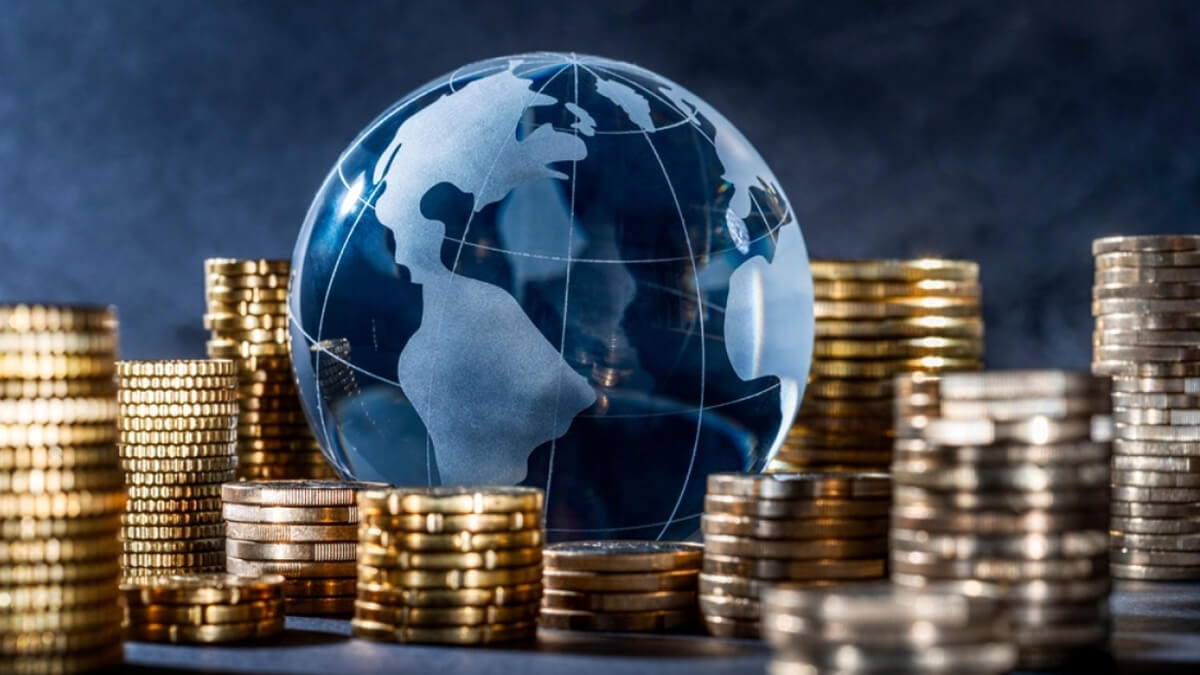In the contemporary world, the term “global economy” resonates with interconnectedness, interdependence, and a complex web of economic relationships that transcend national borders. This intricate tapestry involves the exchange of goods, services, capital, and information among nations, creating an economic landscape that impacts individuals, businesses, and governments worldwide. In this article, we will unravel the concept of the global economy and delve into its profound importance in shaping the trajectory of nations and the lives of people across the globe.
Defining the Global Economy:
The global economy refers to the interconnected system of economic activities involving the production, distribution, and consumption of goods and services on an international scale. This expansive network transcends national boundaries, seamlessly integrating economies into a cohesive whole. Key elements of the global economy include international trade, foreign direct investment, global financial markets, and the movement of labor across borders.
Importance of the Global Economy:
Trade and Economic Growth:
At the heart of the global economy lies international trade, a catalyst for economic growth and development. Nations engage in the exchange of goods and services, leveraging their comparative advantages to boost productivity and efficiency. This fosters a dynamic environment where innovation, specialization, and competitiveness thrive, propelling economies forward.
Diversification and Risk Mitigation:
Participation in the global economy allows nations to diversify their economic activities. By engaging in international trade and investment, countries can reduce dependence on specific industries or sectors, thereby mitigating risks associated with economic downturns or fluctuations. Diversification enhances economic resilience and adaptability.
Access to Resources and Technology:
Global economic integration facilitates the flow of resources, including natural resources, technology, and knowledge, across borders. Resource-deficient nations can access critical inputs for their industries, while technology-rich countries benefit from expanded markets and collaborative innovation. This exchange enhances overall productivity and accelerates technological advancements.
Foreign Direct Investment (FDI):
Foreign direct investment plays a pivotal role in the global economy by fostering cross-border business ventures. Companies invest in foreign markets to capitalize on growth opportunities, tap into new consumer bases, and benefit from favorable economic conditions. FDI contributes to job creation, infrastructure development, and the transfer of skills and technology.
Global Financial Markets:
The global economy is intricately connected through financial markets, where currencies, stocks, bonds, and commodities are traded. These markets facilitate capital flows, allowing businesses and governments to access funding from diverse sources. The efficient functioning of global financial markets is essential for economic stability and the allocation of resources.
Poverty Alleviation and Standards of Living:
Global economic integration has the potential to lift millions out of poverty. International trade provides developing nations with opportunities to export goods and generate income. As economies grow, standards of living improve, access to education and healthcare expands, and overall well-being is enhanced.
Cultural Exchange and Understanding:
The global economy fosters cultural exchange and mutual understanding among nations. As people and businesses interact across borders, a rich tapestry of perspectives, traditions, and ideas emerges. This cultural diversity contributes to a more interconnected and tolerant world, breaking down barriers and fostering diplomatic relations.
Environmental Sustainability:
Collaborative global efforts are essential for addressing environmental challenges. The global economy provides a platform for nations to cooperate on issues such as climate change, resource conservation, and sustainable development. Shared responsibility and coordinated actions are vital for preserving the planet for future generations.
Conclusion:
The global economy is a dynamic and ever-evolving ecosystem that transcends geographical boundaries, linking nations in a complex web of economic relationships. Its importance cannot be overstated, as it shapes the destiny of countries, influences the prosperity of individuals, and plays a pivotal role in addressing global challenges. Embracing the interconnectedness of the global economy is not merely a strategic choice but a fundamental reality that demands collaboration, adaptability, and a shared commitment to fostering a more inclusive and sustainable world.
